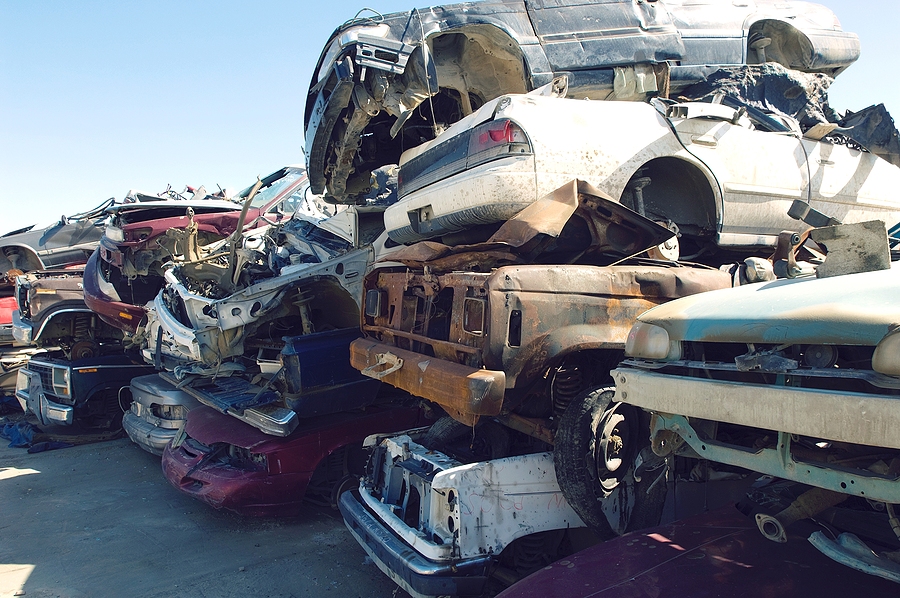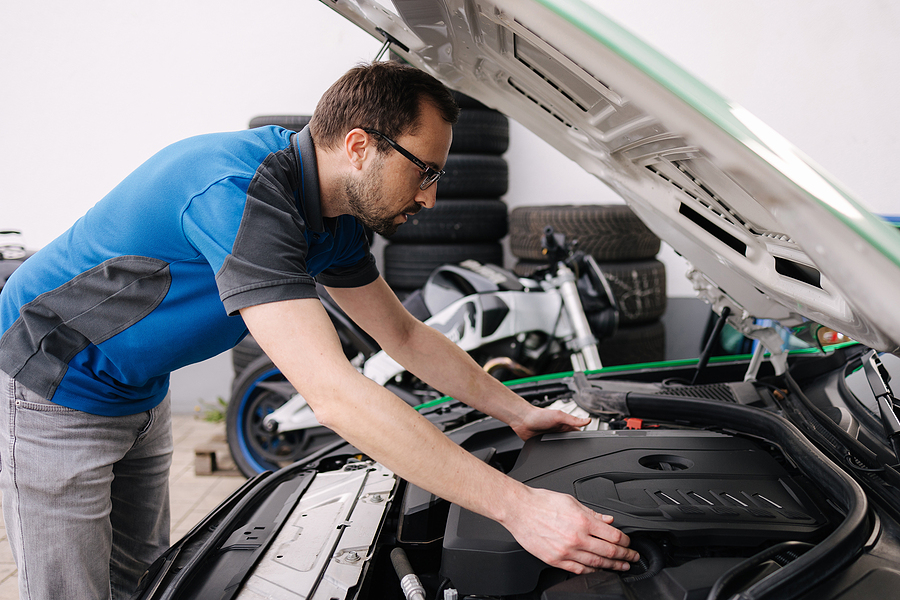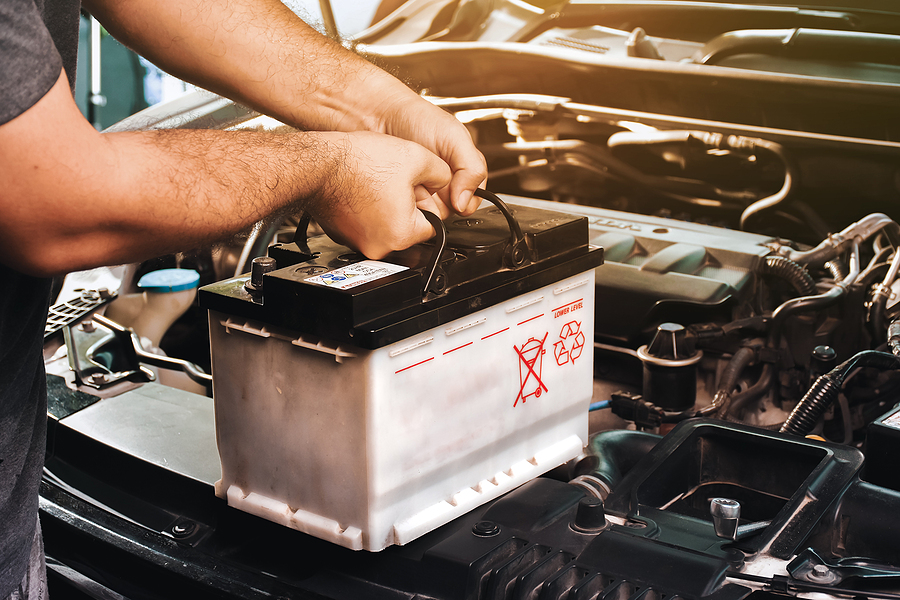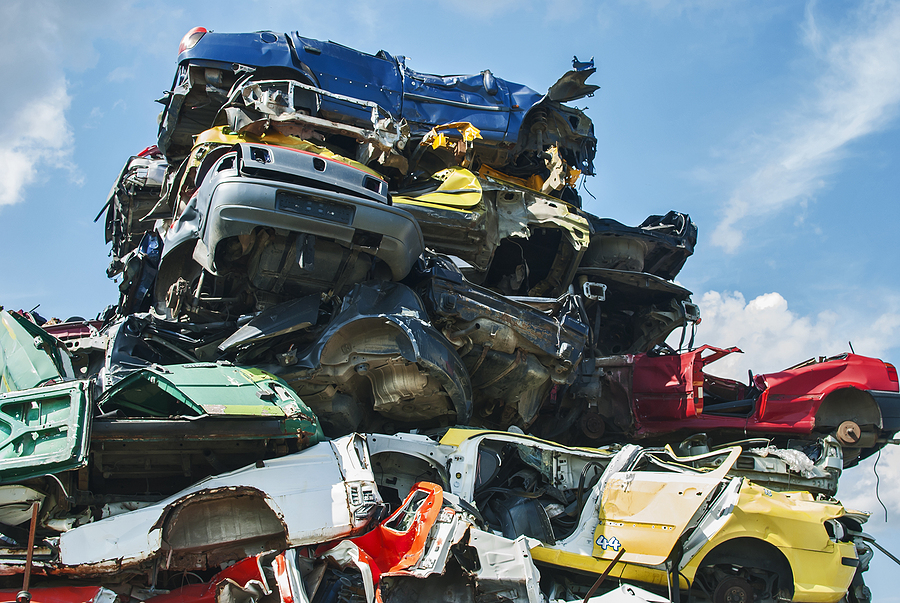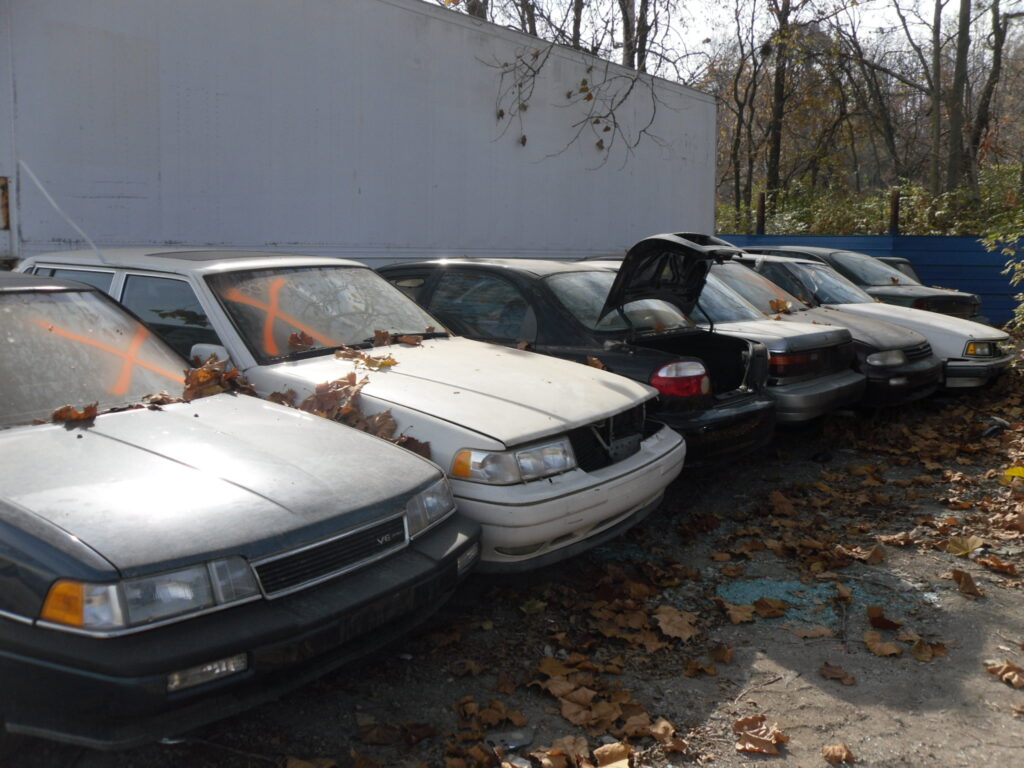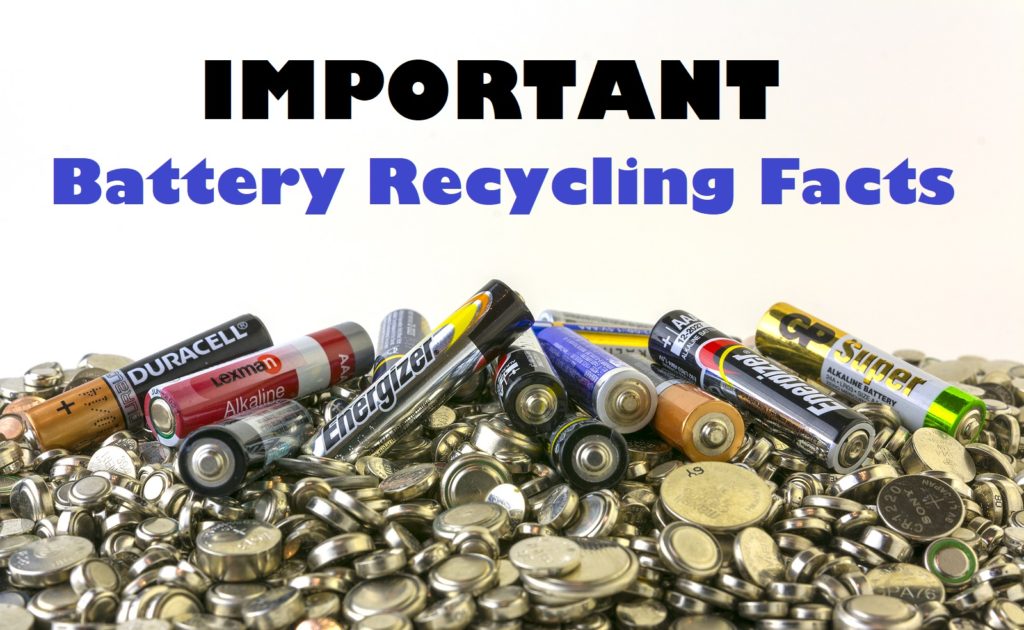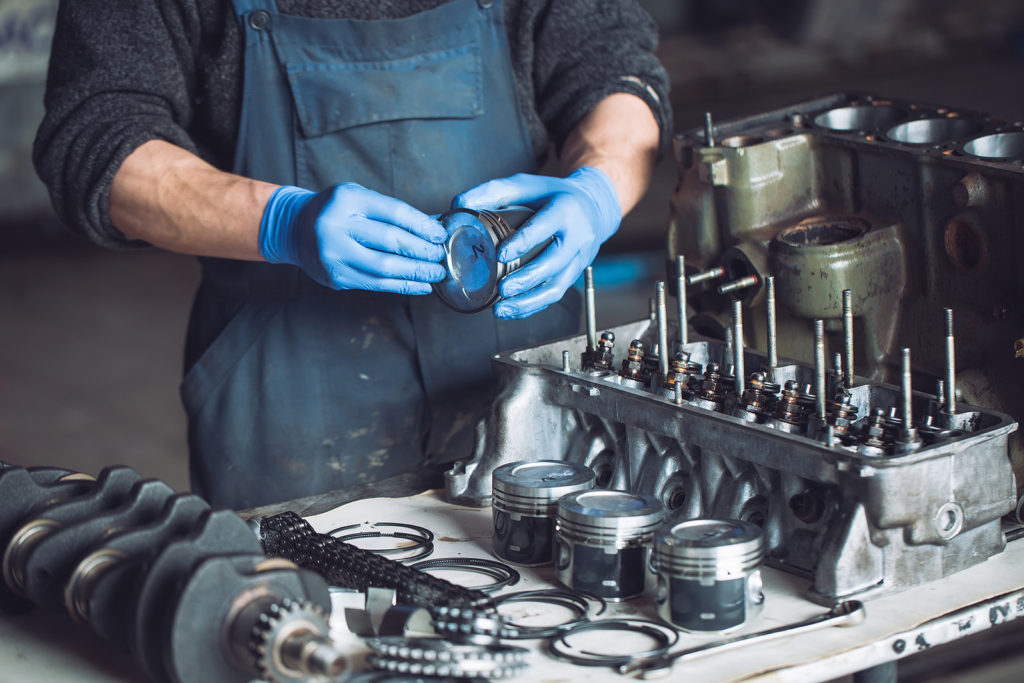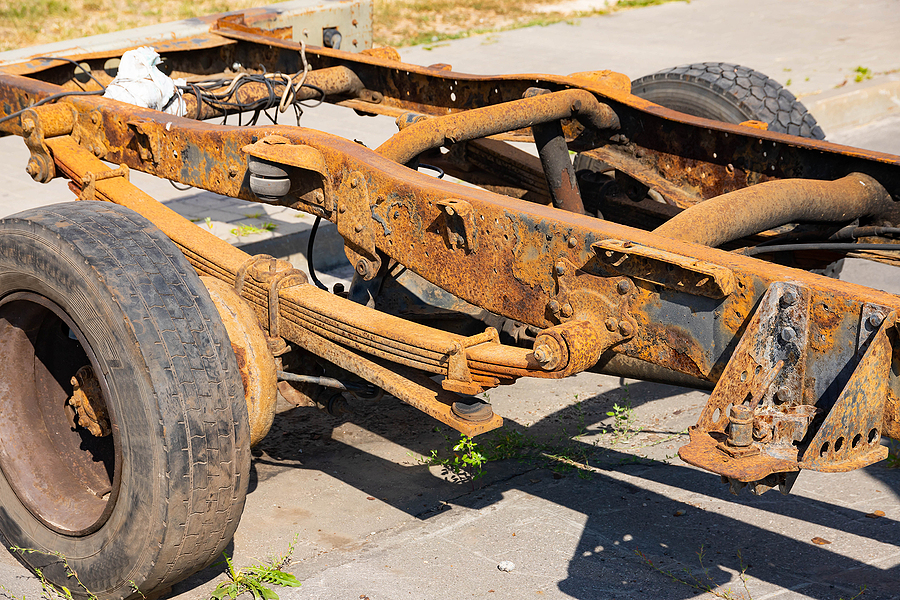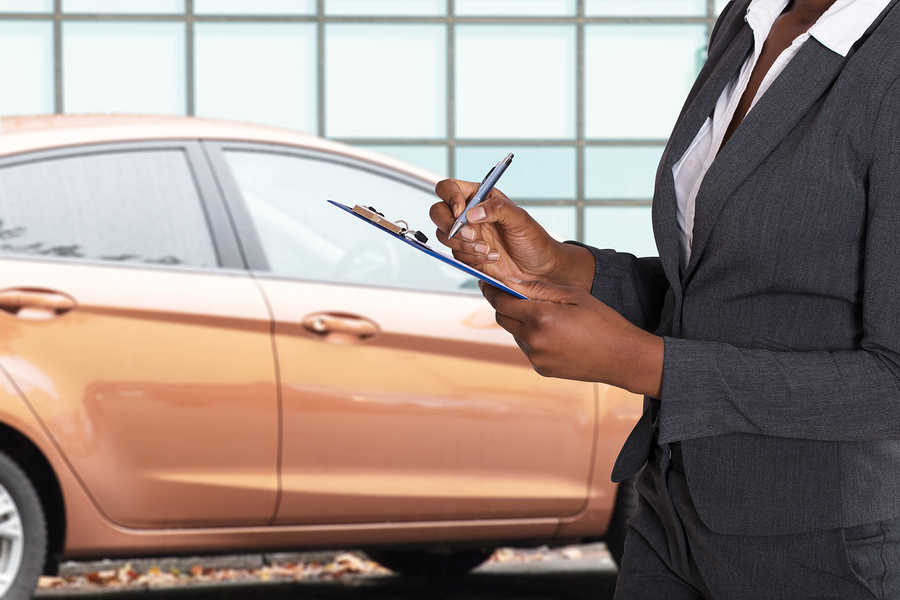In our quest for a greener planet, recycling stands out as a beacon of sustainability and environmental preservation. Yet, when it comes to toxic and hazardous materials, many of us are at a crossroads, unsure of the path to responsible disposal. This guide aims to shed light on the importance of recycling such materials, offering insights and actionable steps to ensure we all play a part in safeguarding our environment.

The Importance of Recycling Toxic and Hazardous Materials
Toxic and hazardous materials pose a serious threat to both human health and the environment if they are not managed with the utmost care and responsibility. When these dangerous substances are improperly handled or disposed of, they can leach into the ground, leading to the contamination of soil and vital water sources.
This not only affects the ecosystem but also poses significant risks to public health through the potential for exposure to contaminated drinking water. Additionally, these materials can emit harmful chemicals into the atmosphere when they break down, contributing significantly to air pollution and exacerbating the global challenge of climate change.
The Goal
However, by embracing and adopting responsible recycling practices, we can significantly reduce the impact of these materials. Proper recycling not only prevents hazardous substances from entering the environment but also promotes the reuse of materials, reducing the demand for new resources.
This approach plays a critical role in our journey towards sustainability, allowing us to mitigate the detrimental effects of toxic materials on the environment and our health. By collectively working towards better management and recycling of hazardous materials, we can take a significant step forward in protecting our planet for future generations.
Common Toxic and Hazardous Materials in Daily Life
Everyday items such as electronics, batteries, air conditioners, airbags, and various chemicals fall into the category of hazardous materials. Even the most mundane objects, like fluorescent bulbs, contain mercury, while old paint cans harbor lead and other toxic substances. Recognizing these items and understanding their potential impact is the first step toward responsible recycling.
The Environmental Impact of Improper Disposal
Improper disposal of hazardous materials can lead to significant environmental damage. Electronics dumped in landfills can release lead, mercury, and cadmium into the environment. Similarly, automotive fluids and batteries can contaminate water sources, posing a threat to aquatic life and human health. Understanding these impacts underscores the need for proper disposal and recycling practices.
Best Practices for Recycling Hazardous Materials
The path to responsible recycling begins with identifying local recycling centers and programs that accept hazardous materials. Many communities offer designated drop-off days for electronics, chemicals, and other toxic items. Retailers and manufacturers often have take-back programs for items like batteries and cell phones. It’s crucial to follow specific guidelines for each type of material, ensuring they are recycled safely and effectively.
The Role of Businesses and Homeowners in Responsible Recycling
Both businesses and homeowners bear the responsibility of managing hazardous waste ethically. Businesses, in particular, should adhere to regulations and seek sustainable waste management solutions. Homeowners can contribute by staying informed about local recycling options and participating in community recycling programs. Together, we can make a significant impact on reducing the harmful effects of toxic waste.
Innovations in the Recycling Industry
The recycling industry is constantly evolving, with new technologies and methods improving the efficiency and safety of recycling hazardous materials. Innovations such as advanced sorting systems and chemical recycling processes are paving the way for more sustainable practices. These advancements not only enhance our ability to recycle a broader range of materials but also reduce the environmental footprint of the recycling process itself.
Conclusion
The challenge of recycling toxic and hazardous materials is significant, but not insurmountable. By staying informed, adhering to best practices, and supporting innovations in the recycling industry, we can make a tangible difference in our environmental impact. Every action counts, and together, we can work toward a cleaner, safer, and more sustainable world.
We encourage you to take a proactive stance on recycling. Seek out information on local recycling programs, participate in community clean-up events, and advocate for responsible waste management practices. Your efforts, no matter how small, contribute to the global movement towards environmental sustainability.
Are you looking for a scrap metal recycling center that will pay you in cash for your scrap metal materials? Contact Zore’s Recycling at 317-244-0700 for the most profitable and hassle-free metal recycling services in Indianapolis, Indiana. We accept appliances, electronics, vehicles, car parts, and more.
Related Posts:
How to Recycle Your Metal Holiday Decorations Responsibly
Why You Should Upgrade to a Modern Air Conditioner This Summer
How To Safely Dispose of Your Unwanted Washer and Dryer

